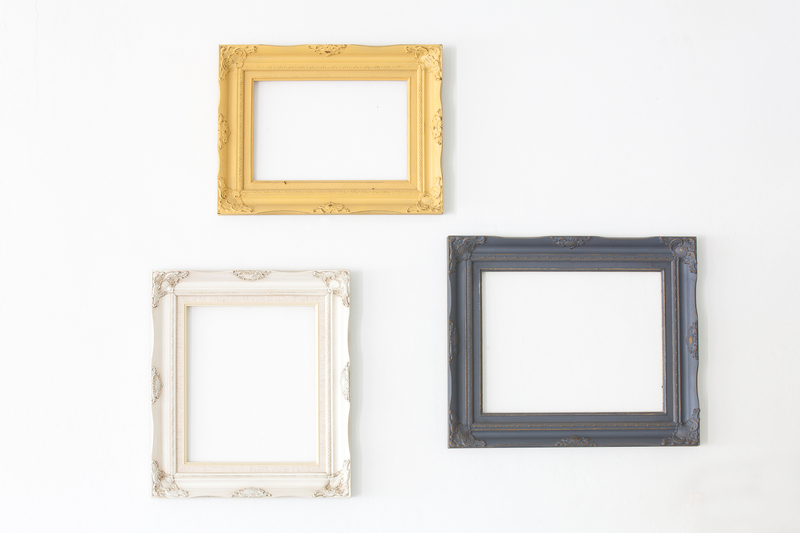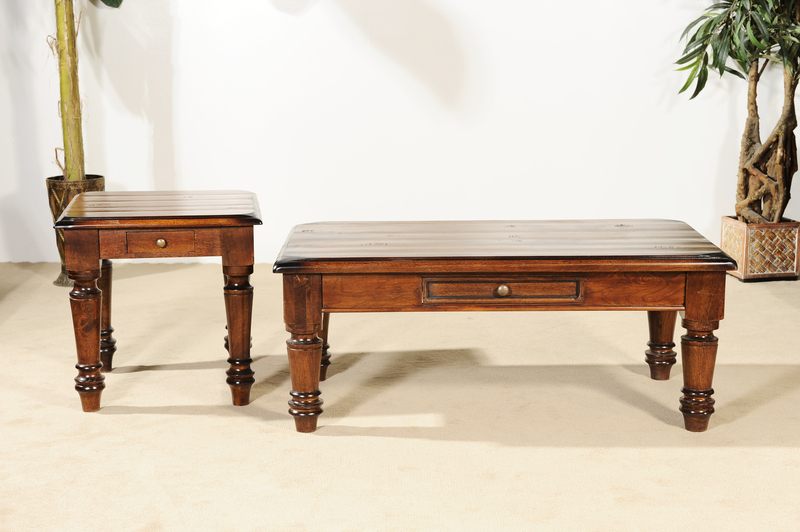Green Living Starts Here: Transforming Rubbish Into Useful Treasures
Green living is more than just a lifestyle trend — it is a commitment to the environment, sustainability, and the future of our planet. In today's rapidly changing world, embracing eco-friendly choices and sustainable practices is more important than ever. One of the greatest challenges that we face is managing rubbish or waste. But what if the trash we discard every day could be transformed into something useful and valuable? This article will explore how you can start your own journey towards green living by turning rubbish into useful treasures, reducing waste, and contributing positively to the environment.
Understanding Green Living and Sustainable Practices
Green living focuses on minimizing our environmental footprint by making conscious and sustainable choices in everyday life. The journey towards a healthier planet begins with us — our habits, our consumption patterns, and our waste management. Transforming rubbish into useful treasures is a central aspect of this approach, turning what was once considered waste into valuable assets. Let's explore what green living entails and why it's essential for the future of our world.
What is Green Living?
Green living is a lifestyle philosophy centered on making environmentally friendly choices for the benefit of the planet. It encompasses everything from reducing energy and water consumption, to supporting sustainable products, reusing and recycling materials, and most importantly, minimizing waste. Green living requires a shift in mindset: seeing rubbish as a resource.
Why Should We Transform Rubbish?
- Reduces landfill waste: The world's landfills are filling up at an alarming rate. Repurposing rubbish helps to minimize the amount of waste that ends up in these sites.
- Conserves resources: Many items we throw away contain materials that can be reused, thereby conserving our planet's precious natural resources.
- Creates economic value: By giving new life to old items, you save money and often create unique, valuable items for your home or community.
- Reduces pollution: Less waste means fewer harmful emissions from incinerators and a reduction in the pollution of soil and waterways.
- Encourages creativity: Upcycling and repurposing rubbish sparks imagination and innovation.

Innovative Ways to Transform Rubbish Into Useful Treasures
Now that we understand the significance of transforming waste into useful items, let's delve into practical and creative methods you can implement at home and in your community. Here are some popular and easy-to-start ideas for upcycling rubbish and embracing green living.
1. Upcycling Household Waste
Everyday items like glass jars, cardboard boxes, old newspapers, and even worn-out textiles can be transformed into useful objects with a little creativity. Here are a few green living hacks:
- Glass Jars -> Storage Containers: Cleaned glass jars from sauces or pickles make excellent containers for spices, pantry goods, craft materials, or even as flower vases.
- Cardboard Boxes -> Organizers: Reinforce and decorate sturdy cardboard boxes to organize office supplies, shoes, or children's toys.
- Newspapers -> Packaging Material: Instead of buying bubble wrap, use shredded or crumpled newspapers for packaging delicate items.
- Old T-shirts -> Cleaning Rags: Cut up faded or torn t-shirts to create reusable cleaning cloths, replacing paper towels and cutting down on waste.
2. Furniture and Home Decor from Discarded Materials
With some DIY skills, rubbish transformation can extend to larger projects, turning what seems like junk into beautiful and functional furniture or home decor.
- Pallets -> Patio Furniture: Salvaged shipping pallets can be sanded, painted, and stacked to create outdoor seating, coffee tables, or bed frames.
- Old Windows -> Picture Frames: Give antique windows a new life as rustic photo frames or wall decor.
- Broken Ceramics -> Mosaic Art: Shattered plates, tiles, or glass can be arranged to form stunning garden paths, tabletops, or wall art.
- Wine Bottles -> Lighting Fixtures: Empty wine bottles can be cleaned and transformed into unique pendant lights or candle holders.
3. Garden Projects Using Household Rubbish
Gardening is a fantastic way to support green living, and you can use rubbish to create valuable tools and accessories for your garden:
- Plastic Bottles -> Planters: Cut large plastic bottles in half to create planters for herbs and flowers.
- Egg Cartons -> Seed Starters: Fill paper egg cartons with soil and use them to start seedlings for your garden.
- Old Tires -> Raised Beds: Stack and paint old tires to build eye-catching flower beds or vegetable gardens.
- Tin Cans -> Garden Tools Holders: Attach cleaned and painted tin cans to a wall or fence to organize garden tools.
4. Art and Craft from Everyday Rubbish
Artistic expression knows no bounds when it comes to upcycling rubbish. Unleash your creativity by transforming everyday waste into unique masterpieces:
- Magazines & Catalogues -> Collages: Cut out colorful images and patterns to create vibrant collages or greeting cards.
- Plastic Caps -> Murals: Glue assorted plastic caps to create colorful murals for classroom or home decor.
- Aluminum Cans -> Sculptures: Flatten and cut aluminum cans to build intricate sculptures or mobile art.
How Upcycling and Repurposing Reduces Environmental Impact
By transforming rubbish into useful objects, not only do we reduce the strain on landfills, but we also lower our carbon footprint significantly.
- Lower Greenhouse Gas Emissions: Manufacturing new products requires energy and resources, resulting in emissions. Reusing materials cuts down on energy use and emissions.
- Less Resource Extraction: Fewer raw materials are needed when we reuse what we already have, preserving ecosystems and wildlife habitats.
- Community Empowerment: Upcycling projects and eco-friendly initiatives often bring communities together, fostering a culture of sustainability and mutual benefit.
- Supports Circular Economy: Instead of a linear 'take, make, waste' model, a circular approach encourages ongoing reuse and regeneration of materials.
Getting Started: Simple Steps to Green Living at Home
If you're new to the idea of green living and transforming rubbish, here are some actionable steps to help you get started:
1. Conduct a Rubbish Audit
Examine your household waste for one week. Which items are going to landfill? Which ones could be reduced, reused, or repurposed?
2. Educate Yourself and Family
Learn about proper recycling, composting, and eco-friendly disposal methods. Involve all family members to make it a collective effort.
3. Set up Separate Collection Bins
Designate bins for recyclables, organic waste, landfill items, and potential upcycling materials. This makes it easier to manage waste effectively.
4. Join the Local Green Community
Many cities and towns have groups dedicated to environmental sustainability — participate in clean-up drives, workshops, or swap meets.
5. Start Small DIY Upcycling Projects
Begin with simple projects like turning jars into storage or making planters from bottles. Over time, you'll gain skills and confidence for more complex ideas.
Inspiring Examples: Rubbish to Treasure Stories Around the World
Across the globe, innovative minds are leading the way in rubbish transformation. Here are some inspiring projects showcasing the power of green living:
- Social Enterprises: In many developing countries, organizations turn plastic bags into fashionable handbags and accessories, providing income and cleaning the environment.
- Eco-Schools: Schools incorporate waste transformation projects into their curriculum, teaching children about sustainability and creativity.
- Urban Gardens: Community gardens in cities use discarded containers, bathtub planters, and repurposed tyres to cultivate food in unexpected spaces.
- Public Art Installations: Artists and activists collaborate to create large-scale installations from marine debris, raising awareness about ocean pollution.
- Repair Cafes: Grassroots movements encourage repairing and repurposing over discarding, creating valuable social hubs for skill exchange.

Conclusion: Begin Your Green Living Journey Today
The path towards a more sustainable and eco-friendly world begins with one small step. By transforming rubbish into useful treasures, we actively participate in reducing waste, conserving resources, and protecting our environment for future generations. Green living is not about perfection; it is about progress and intentionality. With creativity, commitment, and community, we can make sustainability a way of life.
Ready to start? Look around your home for items that can be given a second life. Try simple DIY projects, enlist your family in the process, and share your successes with friends and neighbors. Let your journey towards green living inspire others, proving that every piece of rubbish holds the potential to become a valuable treasure. Because green living starts here — with you.
Frequently Asked Questions (FAQ) on Green Living and Rubbish Transformation
-
What is the difference between recycling and upcycling?
- Recycling breaks materials down for reuse in manufacturing, often requiring energy and resources. Upcycling creatively repurposes items without breaking them down, maintaining or enhancing their value.
-
What are the easiest rubbish-to-treasure projects for beginners?
- Start with simple ideas like glass jar storage, bottle planters, or converting old clothes into rags or tote bags.
-
How can schools and communities get involved in green living?
- Organize educational workshops, clean up campaigns, recycling drives, and art competitions using reclaimed materials.
-
How do I motivate my family to adopt sustainable habits?
- Lead by example, make eco-projects fun, share the positive impact, and celebrate small wins together.
Green living starts at home, in our communities, and in the choices we make every day. Start transforming rubbish into treasure and join the movement for a better, brighter, and greener world.
